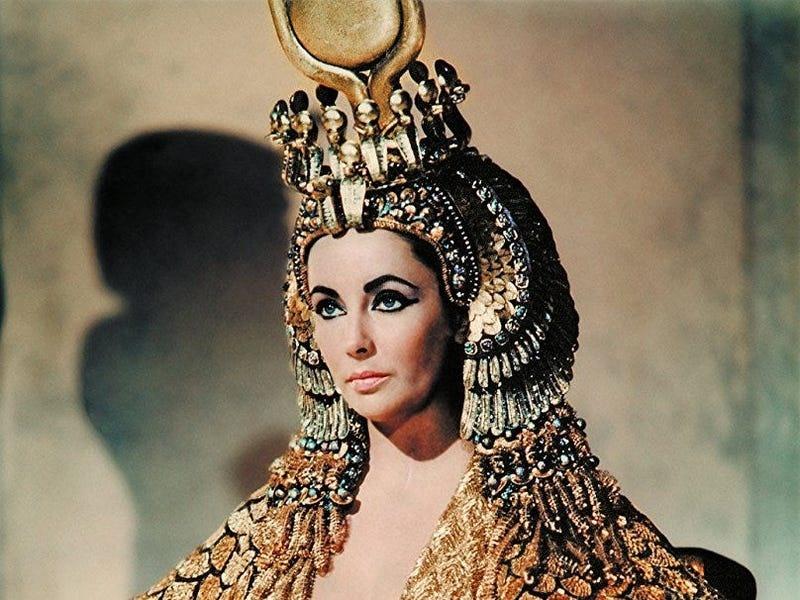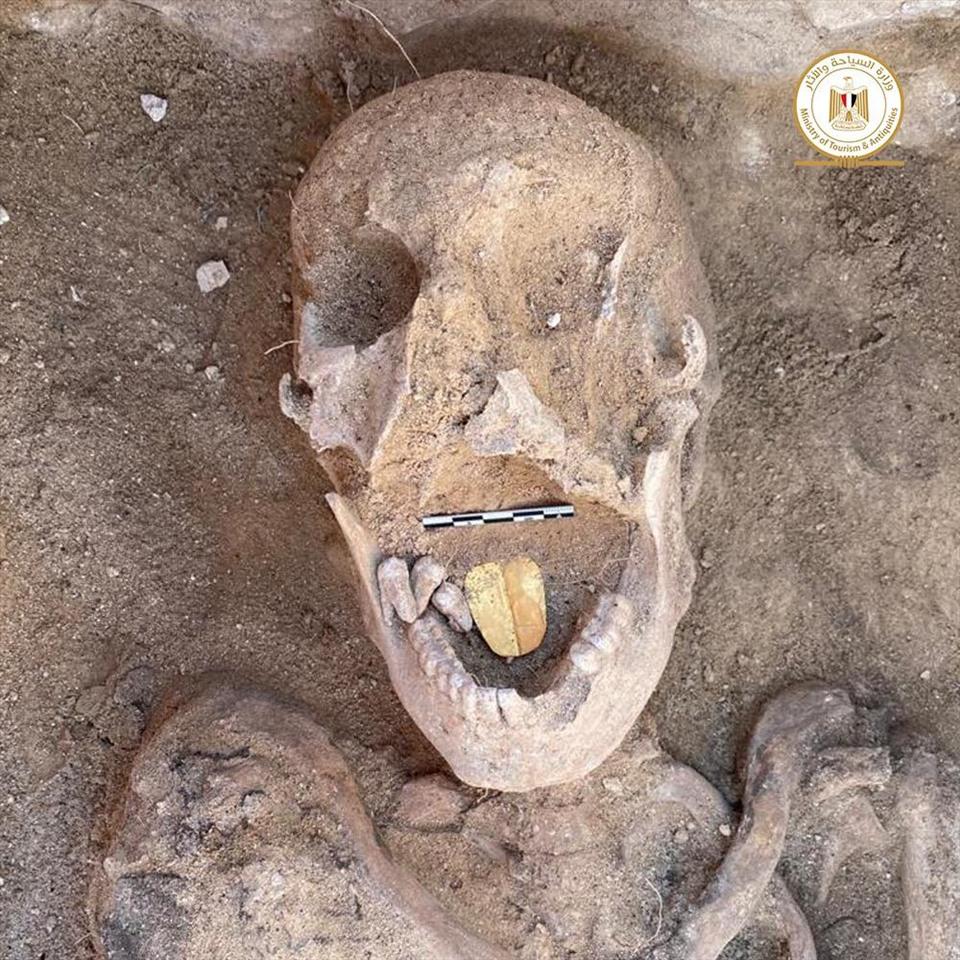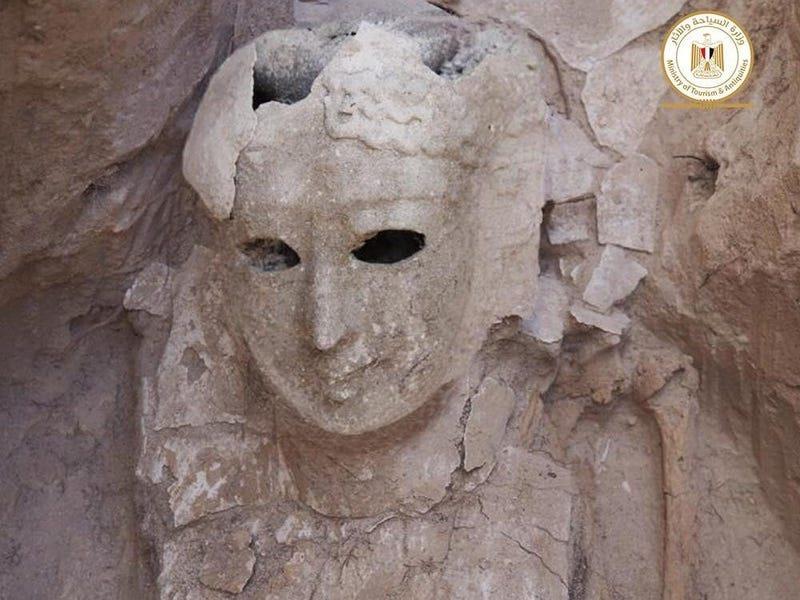The recent discovery of a unique Egyptian mummy, buried with a golden tongue, has captivated historians and archaeologists alike, opening new and intriguing chapters in the study of ancient history. Unearthed in the ancient city of Alexandria, this mummy stands out due to the rare and fascinating presence of a golden tongue, a detail that has sparked numerous questions and theories about the beliefs and practices of ancient Egyptians.

This golden-tongued mummy, dating back over 2,000 years, offers a rare glimpse into the funerary customs and spiritual beliefs of the time. The golden tongue is believed to have been placed to ensure that the deceased could speak in the afterlife, specifically to Osiris, the god of the underworld. This practice highlights the Egyptians’ profound concern with the afterlife and their meticulous rituals to ensure a safe passage and favorable reception in the world beyond.
The discovery has opened a treasure trove of research opportunities. The detailed examination of the mummy’s wrappings, the materials used, and the intricate craftsmanship of the golden tongue itself provide invaluable insights into the technological advancements and artistry of the ancient Egyptians. Moreover, the analysis of the mummy’s physical condition, along with any artifacts buried alongside it, sheds light on the social status, health, and daily life of individuals from that era.

Beyond the immediate archaeological significance, this find has broader implications for our understanding of ancient Egyptian civilization. It prompts a reevaluation of existing theories about their burial practices and spiritual beliefs, suggesting a more complex and nuanced understanding of their approach to death and the afterlife. The golden tongue serves as a powerful symbol of the ancient Egyptians’ sophisticated belief system and their quest for immortality.
In essence, the discovery of the golden-tongued mummy is not just a fascinating addition to the annals of archaeology but a profound reminder of the mysteries that still lie buried beneath the sands of time. As researchers continue to delve into this remarkable find, we can anticipate new revelations that will enrich our knowledge of ancient Egypt and its enduring legacy. This discovery truly opens new chapters in ancient history, inviting us to reexamine and deepen our appreciation for one of the world’s most enigmatic and influential civilizations.






